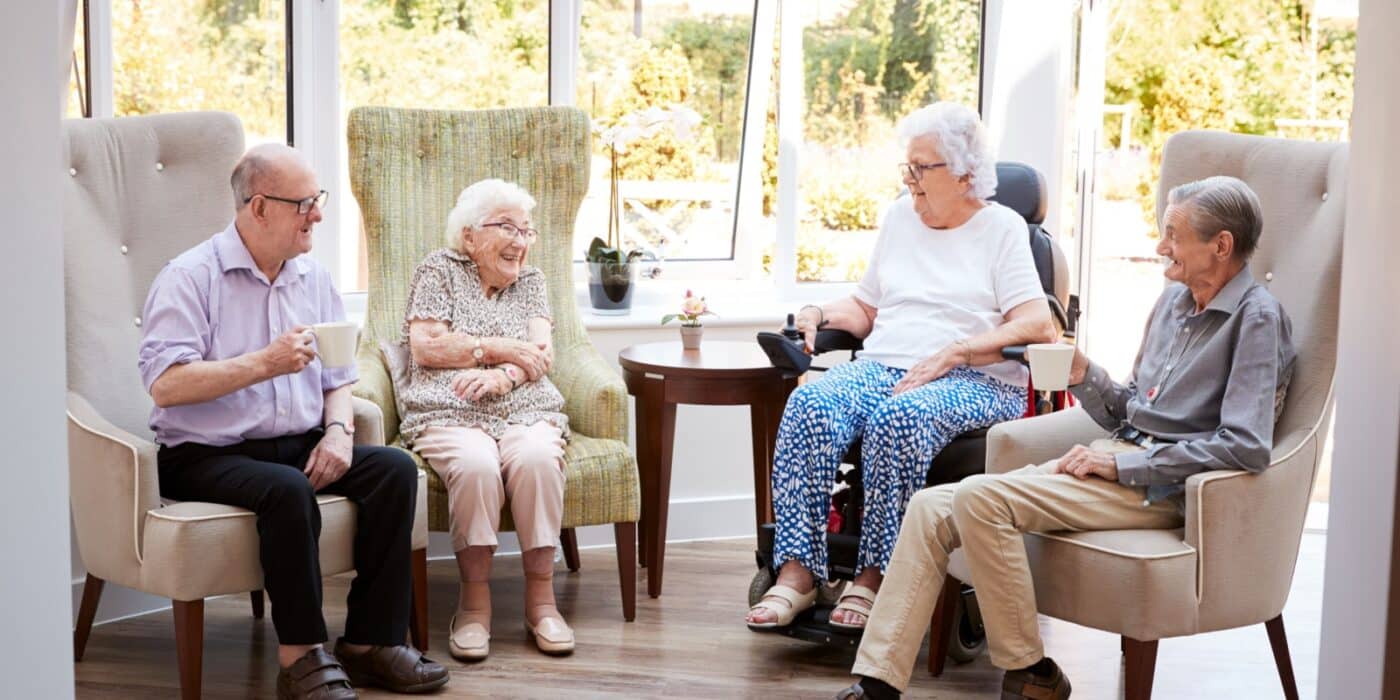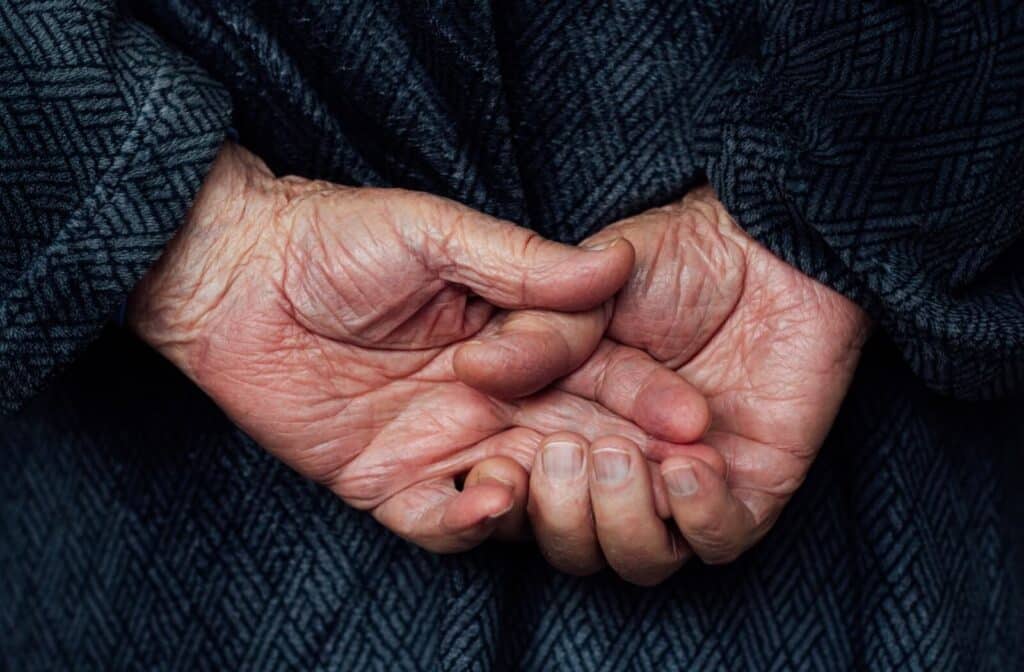How to Choose the Right Assisted Living Community
Key Takeaways
- Assisted living bridges the gap between independent living and higher levels of care.
- Consider your loved one’s daily assistance needs, safety requirements, and social preferences.
- Visit communities in person and ask specific questions about services and care plans.
- Location and personalized care approaches matter for a smooth transition.
- Trust your instincts when evaluating communities for your loved one.
Navigating the Next Step with Care and Confidence
When your loved one begins to struggle with daily activities or you notice changes in their safety and well-being, the question of whether they need additional support becomes unavoidable. You want what’s most caring and supportive for them, but navigating the world of senior housing options can feel overwhelming. At NorBella Senior Living at Rogers, we see families facing this challenging transition every day.
The right assisted living community provides personalized care that helps your loved one maintain their independence while receiving the daily support they need in a warm, engaging environment.
What Is Assisted Living?
Assisted living serves as a bridge between independent living and higher levels of care, offering older adults the support they need while preserving their autonomy. These communities provide help with activities of daily living, like bathing, dressing, medication management, and meal preparation, in environments designed to feel like home. Your loved one receives personalized care tailored to their specific needs, whether that means minimal assistance or more comprehensive daily support.
The beauty of assisted living lies in its flexibility—residents get help when they need it and space when they don’t. This approach allows older adults to maintain their sense of self and personal routines, knowing that caring professionals are available around the clock. Memory care services are also available for those experiencing cognitive changes, providing specialized support in secure, nurturing environments.
Key Factors to Consider When Choosing Senior Living
Finding the right community requires careful consideration of several important factors. Your loved one’s current needs, future care requirements, and personal preferences all play significant roles in making this decision.
Daily Living Activities and Care Needs

Take an honest look at which daily activities have become challenging for your loved one. Do they need help with:
- Bathing and personal hygiene
- Getting dressed
- Preparing meals safely
- Managing medications
- Light housekeeping
- Transportation to appointments
Understanding these needs helps you identify communities with appropriate care levels and services.
Safety and Health Requirements
Consider your loved one’s safety concerns and health conditions when evaluating communities. Look for secure building designs, emergency response systems, and 24/7 staffing availability. Communities should have protocols for monitoring chronic conditions and coordinating with healthcare providers.
The environment should feel safe and comfortable, while also allowing for freedom of movement. Care suites designed with seniors in mind often include grab bars, accessible bathrooms, and easy-to-navigate layouts.
Social Connection and Community Engagement
Social isolation can have a profound impact on your loved one’s mental and physical health. Quality assisted living communities offer diverse programming that encourages residents to connect with others who share similar interests and passions.
Look for communities with regular activities, shared dining experiences, and common spaces where residents naturally interact with one another. Social opportunities can help your loved one build new friendships and maintain an active, engaging lifestyle.
Recognizing When Your Family Needs Support
Caregiver burnout affects many families trying to provide care at home. You might feel overwhelmed by the constant worry, exhausted from helping with daily tasks, or guilty about needing a break. These feelings are completely normal and signal that additional support could benefit everyone.
Assisted living doesn’t mean you’re giving up on caring for your loved one—it means you’re ensuring they receive professional care while preserving your relationship as family. This transition often strengthens family bonds by removing the stress of daily caregiving responsibilities.
Personal Preferences and Priorities
Your loved one’s preferences matter greatly in this decision. Some value being close to family members, while others prioritize specific amenities or community atmosphere. Consider their personality, interests, and what brings them joy.
Involve your loved one in the decision-making process whenever possible. Their input about location, room preferences, dining options, and activity offerings helps ensure they’ll feel comfortable and engaged in their new home.
Services and Amenities in Memory Care and Assisted Living
Different communities offer varying levels of assistance and amenities. Basic services typically include meal preparation, housekeeping, laundry, and medication management. Many communities also provide transportation, wellness programs, and social activities.
Personalized care plans adapt to your loved one’s changing needs over time. Whether they need minimal assistance now with the potential for increased support later, or they require specialized memory care services, the right community grows with them. This continuity of care provides stability during transitions.
How to Evaluate Assisted Living Communities
Location impacts both your loved one’s satisfaction and your family’s ability to visit regularly. Consider proximity to family, familiar neighborhoods, and healthcare providers they prefer to continue seeing.
Ask about their approach to individualized care and how they accommodate personal preferences in daily routines, meal choices, and activities. The right community adapts to your loved one rather than expecting them to fit into a rigid system.
Making Your Decision with Confidence
After visiting communities and gathering information, trust both your instincts and your loved one’s feelings about each option. The right choice balances practical considerations with emotional comfort—both yours and theirs.
At NorBella Senior Living in Rogers, we understand how important this decision is for your family. Our warm, supportive community offers personalized assisted living and memory care services designed to help your loved one thrive while giving you peace of mind.
We’d love to show you how our care suites and community can meet your family’s unique needs. Contact us today to schedule a personal tour and experience the difference a caring, individualized approach makes in senior living.



















